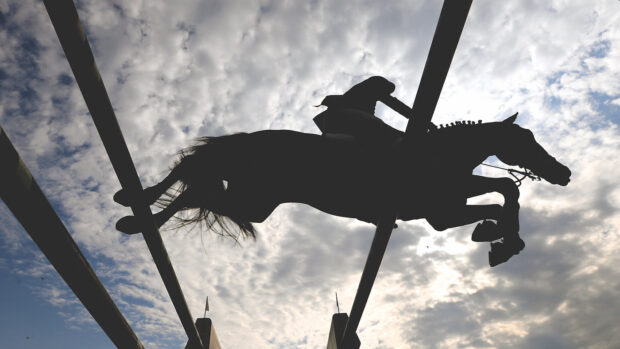Suspended riders may struggle to sustain a living in the horse industry if the FEI adopts the revised WADA (World Anti Doping Agency) code effective from 2015.
To date, most equestrians cope with doping bans by continuing to teach, produce and sell horses, and can spectate at FEI events. But WADA’s newly approved article 2.10 forbids anyone competing in elite sport having “professional association” with suspended persons.
WADA is also increasing the minimum ban for most offences from two years to four.
Eventer Jock Paget would be hard hit if his likely suspension for Clifton Promise’s positive test at Burghley spans 2015. Paget has already been stood down from training New Zealand international riders.
It could also throw Middle East endurance into disarray. Some previously banned riders have management roles at major yards. They include Mubarak Bin Shafya, of Sheikh Mohammed’s premier Al Aasfa stables; Ali Salman Al Sabri, who returned from a ban to run the new Al Barrari venue, and Ali Al Muhairi, banned for four years in March 2012 but only recently resigned as trainer at Sheikh Hamdan snr’s SAS stables.
WADA consultation documents suggest that doping offenders could not even give athletes free assistance.
FEI anti-doping regulations have closely followed WADA’s template since 2009. An FEI spokesman said national federations would be consulted before voting at the 2014 General Assembly.
“But, as we govern a sport that involves an animal, we will need to implement rules generally consistent with the WADA Code, with respect to determining anti-doping rule violations, results management, fair hearings, consequences, and appeals,” the spokesman added.
Alastair Cotton, a lawyer with Farrer and Co LLP with special interest in sport, said: “The majority of the changes will undoubtedly advance the ability to combat doping. They strengthen the anti-doping message, while moving towards a more just system.”
This story first appeared in H&H 12 December 2013.



